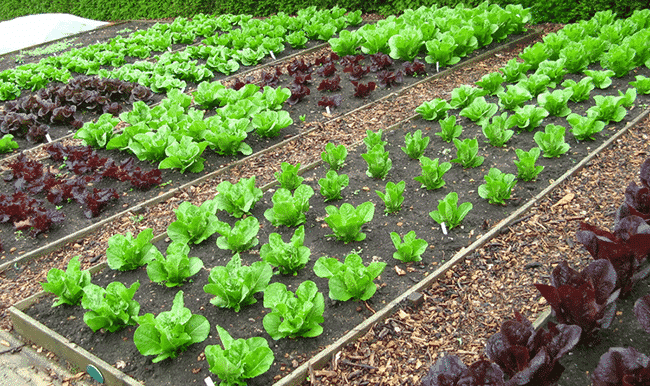Organic gardening is a hobby that anybody can enjoy it. But, if you’re just getting started, they may feel overwhelmed. How then should a novice approach the learning experience start getting involved with organic gardening? Read this article, of course!
Your children will enjoy being involved with your organic garden. A garden can be a great learning experience for your children, and will give you an opportunity to bond with them while you produce healthy food.
If you choose to use organic methods to care for your houseplants, it is vital to make sure that the right amount of light reaches them. If your windows are small or receive little light due to their positioning, you should consider growing plants that thrive in environments with low to medium amounts of light. You could also consider using artificial lighting to help.
Keep your tools close by to maximize gardening efficiency.
Make the most of the time spent in your garden every day.Don’t spend 30 minutes searching high and low for lost tools. Prepare them all ahead of time and have them handy before you need to garden, and then put them away neatly when finished. Get a tool belt if you need to, or wear pants with many pockets.
Do not underestimate pine mulch for your garden. Cover soil beds with a few inches of pine needles, they will disperse acid to the soil.
Spacing is essential when planning an organic garden. You will most likely underestimate how much space plants will need as they begin to grow. Plan your garden carefully and put an appropriate amount of distance between seeds.
Laundry Basket
Use an old laundry basket when you want to collect your fresh produce in from the garden. The laundry basket strains the produce run off.
Some examples include ageratum and ageratum. If you’re not sure if your seeds need sunlight, look online or at the package.
Treated Wood
Create raised beds with stone, bricks or untreated wood. Choose a wood that is resistant to rot and is untreated.Some good choices you might consider are locust, cypress, and cypress. In order to avoid toxic substances from getting into the ground and perhaps into your vegetables, don’t use treated wood since its chemicals can leech into the food crops and soil.If you must use treated wood, line it with a barrier of some form.
If you’re planning on selling crops to people and labeling them as organic, you should communicate your commitment to natural growing by becoming certified. This can increase your sales and show your faithful customers that they are getting the best produce out there.
Organic gardening can be more difficult than gardening with chemicals, but you will reap a greater reward. While chemical claims are wondrous, it is hard to dispute that organic gardening consistently produces superior results.
When buying tomato seedlings for the garden, avoid the ones with a bad root system or green starts. The lush starts remain on the baby plants for several weeks, which will not allow the seedlings to grow until these starts are gone.
It is by now obvious how beneficial and enjoyable organic gardening can truly be when you know how to approach it. Cultivating your green thumb is a relaxing, engaging hobby that the whole family can enjoy. With the tips presented above at the forefront of your mind, you can begin to grow delicious organic produce like a professional.

